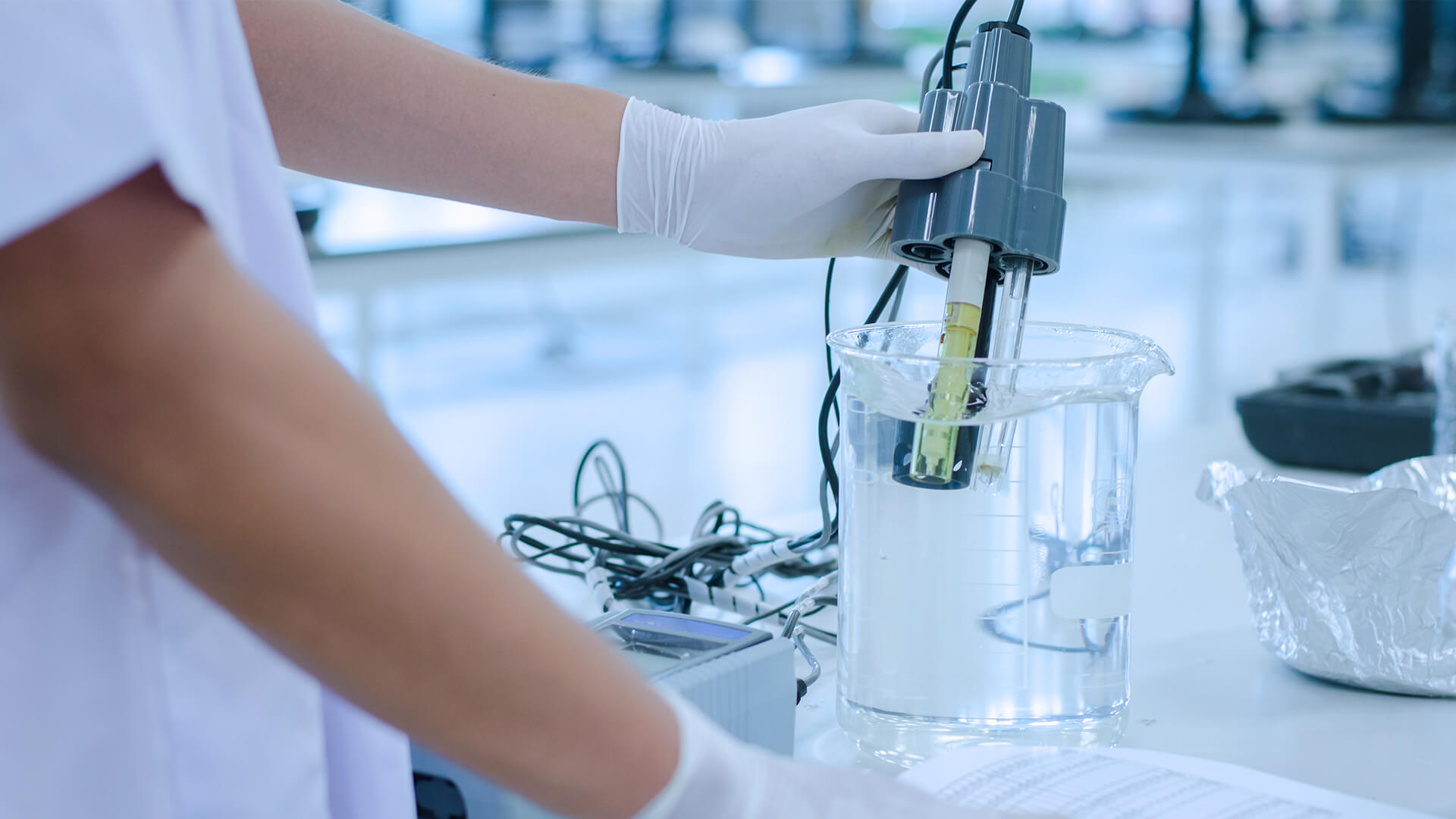We all know that water is essential for our health and wellbeing, but not so many people know that not all water is the same. Specifically, depending on where you live, your domestic water supply is hard or soft. Hard water contains a higher quantity of minerals which will lead to a build-up of limescale in appliances such as dishwashers and washing machines and can also cause problems for our bodies. Soft water, on the other hand, is much purer. If you are living with hard water and considering making some healthy changes in your home, here are five potential benefits of swapping hard water for soft water by investing in a water softening treatment.
Skin
When hard water mixes with soap, it tends to produce a film, which sits on the skin. This skin will gradually build up and cause blockages in your pores. Therefore, your skin may feel sticky and tight after washing and become dry with no amount of washing making a difference. With soft water, the soap produces a dense lather which will wash away much more easily and take the soap with it. When you invest in a water softener installation in San Jose, you can look forward to softer and less irritable skin.
Hair
In a similar way to hard water, soap and skin, using hard water to wash your hair can make it feel like you are fighting a losing battle. The shampoo will not be as easy to whip up into a lather, and the water will not wash all the product away. Over time the high concentration of minerals and dried soap can make the scalp dry and itchy, possibly leading to dandruff. A water softening system can make washing your hair not only easier but can also give it a much lighter and shinier appearance.
Kidneys
The main minerals in hard water that causes problems are sulphate salts and carbonate of magnesium and calcium. When we drink this water, these minerals are left behind in the body, which increases the levels of calcium and magnesium we have in our kidneys and urine. If hard water is drunk regularly, it could lead to the development of kidney or urinary stones. Soft water lessens the risk of this significantly.
Fertility
Studies have suggested that hard water could if consumed enough, lead to fertility complications in men. The minerals can interfere with the production of the male reproductive hormones, especially calcium, which can lower sperm count and other reproductive functions in the male body.
Hydration
We should all be drinking at least 2 liters of water each day to help our bodies perform to maximum potential. We need to stay hydrated, but if hard water is coming out of your taps, it may not taste particularly pleasant. This can make drinking water a chore and cause us to drink less than we need. To improve the taste, appearance and smell of your water, consider adding a softener system. This should lead to clearer and more refreshing water directly from the tap, so you don’t need to buy plastic bottles of water, which is, of course, better for the environment too.


















